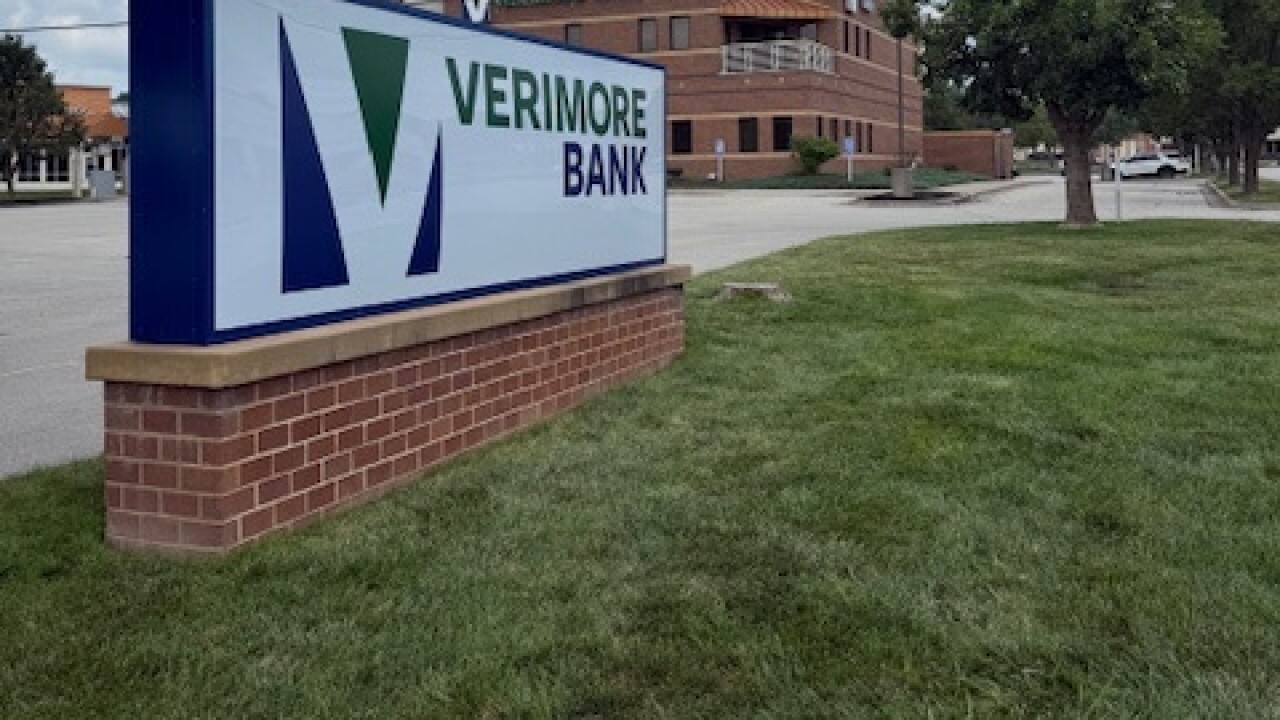COMMUNITY BANKS that wanted to issue credit cards used to have only two choices: Do it themselves, and bear all the overhead costs and risks; or sign up as agents for larger institutions.
The IBAA Bancard program offers a third option. It has become a major force in the card business, primarly by keeping smaller institutions' MasterCard and Visa programs competitive.
"Many community banks were dissatisfied with the options offered in a traditional agent relationship, particularly the lack of flexibility with regard to pricing and credit analysis." said Linda Echard, president and chief executive officer of IBAA Bancard Inc.
The Arlington, Va., affiliate of the independent Bankers Association of America has attracted 1,500 banks -- including about 200 that are affiliates of other participants -- to the notion that they can be stronger together than alone or at the mercy of an agent deal.
The program is designed to keep members in control of their card programs while they pool resources for group rates on the processing and product-enhancement deals needed to compete against big players.
Ms. Echard's unit is one of several IBAA subsidiaries that comprise the Community Banking Network, which is a wholesaler in the card, securities, and mortgage businesses. The units generate royalties and other precious sources of non-dues income; half the IBAA's $8.3 million in 1992 revenue came from sources other than dues.
Joining the trade group in 1985 after 11 years with Visa International, Ms. Echard, at first in the role of consultant, did a feasibility study for IBAA's entry into the credit card business.
"I quickly learned that, yes, there was a need to provide community banks with a way of exercising more control over their credit card business," Ms. Echard said.
The idea struck a chord. Membership continues to grow at a 12% annual rate, and community banks supply the fastest-growing segment of MasterCard and Visa membership.
William Westervelt, a principal at First Annapolis Consulting in Annapolis, Md., said that, for many banks, acting as a card issuer's agent is akin to a master/slave relationship. "The upside [of IBAA Bancard] is, the bank gets to own its receivables," he said. "Where they have to be careful is in managing fraud."
IBAA lets participating banks set their own pricing policies and credit standards.
"Time and time again," said Ms. Echard, "there are situations where the community bank knows a customer is an excellent credit risk, but the customer may not have a formal credit history."
"In our program," she said, "participating banks have complete say over who they approve for the credit card. They aren't at the mercy of an upstream correspondent."
Data processing is done by Telecredit/Equifax Card Services in Tampa, Fla.; Grand Rapids, Mich.; and Brea, Calif. Telecredit produces and mails account statements.
A bank can choose whether it wants to offer its own customer service or rely on 800-number calls to the processing centers. Ms. Echard added that banks may print customized messages on the bills and insert cross-selling materials.
Mr. Westervelt, the consultant, the risk of loss is a said the risk of loss is a major reason community banks have shied away from direct issuing of credit cards. "A loss that may not seem all that large to a major credit card issuer could be disastrous to a smaller one," he said.
"Two types of risk must be addressed," Ms. Echard said.
"First, there's credit risk. We're confident that our banks are cautious about who they issue cards to. After all, they are small community banks, and they're not sending mass mailings to just anybody.
"As for fraud, we agree that our banks can't afford to take a hit. They are too small." Accordingly, IBAA "structured an insurance program to cover lost and stolen cards, including cards that are lost in the mail," Ms. Echard said.
IBAA insured through Lloyds of London until its staff found three years ago that it would be less costly to self-insure. Today, the IBAA premium is six cents per account per month, with a $250 deductible per account.
"We can offer a lower premium, reduced deductible, and greater coverage because we have so many members," Ms. Echard said.
For community banks that prefer a traditional agent-banking relationship, IBAA offers special credit card consulting services.
"Our goal is to help community banks avoid some of the pitfalls associated with agent-bank relationships," Ms. Echard said.
IBAA Bancard employees will, for example, help a community bank structure a special contract with its upstream servicer that bars the larger bank from cross-selling to its agent's customers and allows the agent bank to take over the portfolio at a later date.
Such a contract also can empower the agent bank to override a decision to deny credit. "This way, the community bank is never in the position of having a good customer turned down," Ms. Echard said.





